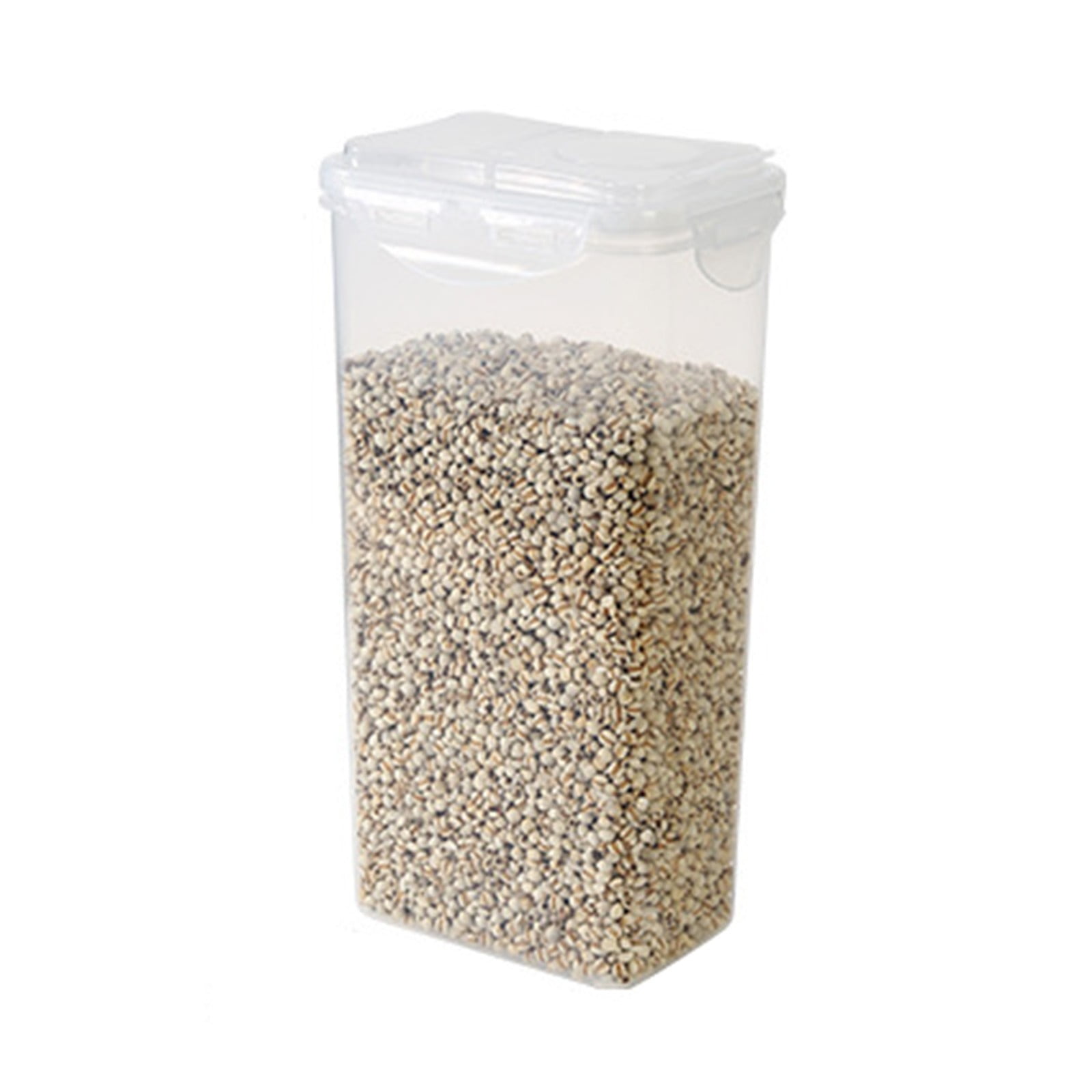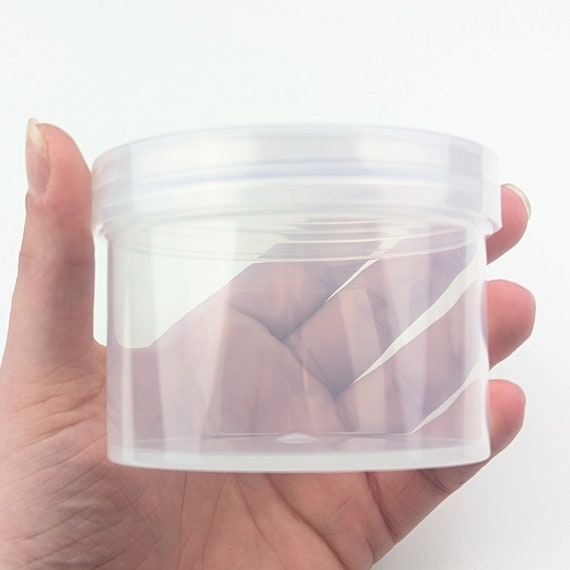Everything About Mass Plastic Containers: Benefits, Applications, and Market Insights
Bulk plastic containers play a substantial duty in various industries, offering advantages that boost effectiveness and sustainability. Their lightweight nature reduces delivery prices, while their sturdiness guarantees risk-free storage space and transportation of varied items. As companies increasingly seek environmentally friendly solutions, the need for these containers is growing. This raises important concerns concerning the materials utilized and the fads affecting their layout. What implications do these elements have for the future of mass plastic containers?
Benefits of Bulk Plastic Containers
Bulk plastic containers offer a plethora of benefits in numerous industries. Their lightweight design especially lowers transportation prices, enabling efficient logistics and less complicated handling. Additionally, these containers give longevity and resistance to weather aspects, chemicals, and physical impact, making certain the safe storage space and transportation of items. The flexibility of bulk plastic containers enables them to be built into various forms and sizes, satisfying certain industry demands.

Typical Applications Across Industries
While various industries use bulk plastic containers, their applications are specifically prominent in markets such as food and drink, pharmaceuticals, agriculture, and manufacturing. In the food and beverage industry, these containers are crucial for saving and moving products like grains, fluids, and ready meals, making certain quality and security. The pharmaceutical market depends on bulk plastic containers for protected storage of vaccinations and medicines, preserving compliance with stringent regulations.
In farming, these containers facilitate reliable handling and transportation of fruit and vegetables, plant foods, and chemicals, while additionally sustaining sustainable practices with recyclability. Manufacturing industries use bulk plastic containers for components storage space and setting up line operations, advertising organization and process efficiency. Additionally, these containers serve a considerable duty in logistics and supply chain administration, streamlining the motion of items throughout various markets. Overall, the convenience of mass plastic containers makes them important throughout multiple industries.
Product and Layout Considerations
When selecting mass plastic containers, material and design considerations play an essential duty in making sure performance and conformity with sector requirements. The choice of product greatly affects the container's sturdiness, weight ability, and resistance to environmental aspects. Usual materials consist of high-density polyethylene (HDPE) and polypropylene, recognized for their strength and chemical resistance.
Style facets, such as closure, form, and size mechanisms, likewise influence use. Containers with ergonomic deals with and stackable styles boost storage effectiveness and ease of transportation. Furthermore, attributes like venting or drain holes may be necessary for details applications, allowing for air flow or liquid elimination.
Compliance with security guidelines, such as FDA approvals for food-grade applications, is vital. Bulk Plastic Containers. Overall, mindful consideration of products and style can maximize performance and durability, guaranteeing that mass plastic containers fulfill the diverse demands of numerous view it sectors properly
Patterns wholesale Plastic Container Use
As industries develop, the use of bulk plastic containers is significantly affected by sustainability and effectiveness. Firms are going with eco-friendly products, such as recycled plastics, to decrease ecological effect while preserving longevity. This change is driven by customer demand for sustainable techniques and governing pressures targeted at decreasing plastic waste.
The trend towards automation in logistics and supply chain management is reshaping container designs. Mass containers are currently being engineered for compatibility with automated systems, enhancing functional effectiveness. Lightweight styles are likewise obtaining traction, as they lower delivery expenses and energy consumption throughout transport.
Additionally, customization is ending up being a focal factor, permitting organizations to customize containers to certain needs, thus maximizing room and performance. These trends mirror a more comprehensive commitment to sustainability, innovation, and effectiveness within various markets, making sure that bulk plastic containers proceed to play an essential duty in contemporary supply chains.
Finest Practices for Storage Space and Transportation
Effective storage space and transport of bulk plastic containers need adherence to ideal practices that improve safety and effectiveness. Initially, containers should be stacked firmly, guaranteeing that weight is uniformly dispersed to prevent tipping or damages. Using pallets can promote simpler activity and protect the containers from ground moisture. Additionally, appropriate labeling is important for fast recognition and monitoring throughout transportation.
Temperature level control is another vital variable; extremes can compromise the honesty of the materials. When required, it is recommended to store containers in a climate-controlled setting. For transportation, selecting proper lorries made for mass tons guarantees stability and reduces threat throughout transit.
Normal inspections of containers prior to storage and transportation aid determine any wear or damages, enabling timely maintenance or substitute. By adhering to these ideal methods, organizations can optimize the lifecycle of bulk plastic containers while maintaining operational performance.
Regularly Asked Concerns

Are Mass Plastic Containers Recyclable After Usage?
Yes, bulk plastic containers are often recyclable after usage. Recyclability depends on the product type and neighborhood recycling programs. Correct cleaning and sorting are important to ensure they are accepted by recycling centers.

What Is the Lifespan of Bulk Plastic Containers?
The life expectancy of mass plastic containers usually varies from five to ten years, depending upon usage conditions, material high quality, and environmental elements. Bulk Plastic Containers. Appropriate maintenance can expand their longevity, making them a resilient storage space service
Can Mass Plastic Containers Be Personalized?
Yes, bulk plastic containers can be tailored. Producers often use alternatives for size, color, branding, official statement and product, allowing services to tailor containers to their details demands and improve their product discussion and functionality.
Just How Do Mass Plastic Containers Compare in Cost to Alternatives?
Bulk plastic containers commonly offer a lower expense contrasted to choices like steel or glass, due to their lightweight nature and toughness. This makes them a cost-effective choice for services requiring efficient storage services.
Are There Safety Regulations for Using Mass Plastic Containers?

Mass plastic containers play a significant duty in different markets, providing benefits that improve effectiveness and sustainability. While numerous markets make use of bulk plastic containers, their applications are especially popular in sectors such as food and drink, pharmaceuticals, agriculture, and manufacturing. Manufacturing markets use bulk plastic containers for components storage and assembly line operations, advertising organization and process performance. When choosing bulk plastic containers, product and style considerations play a necessary role in guaranteeing performance and conformity with market requirements. As sectors develop, the use of bulk plastic containers is significantly affected by sustainability and performance.